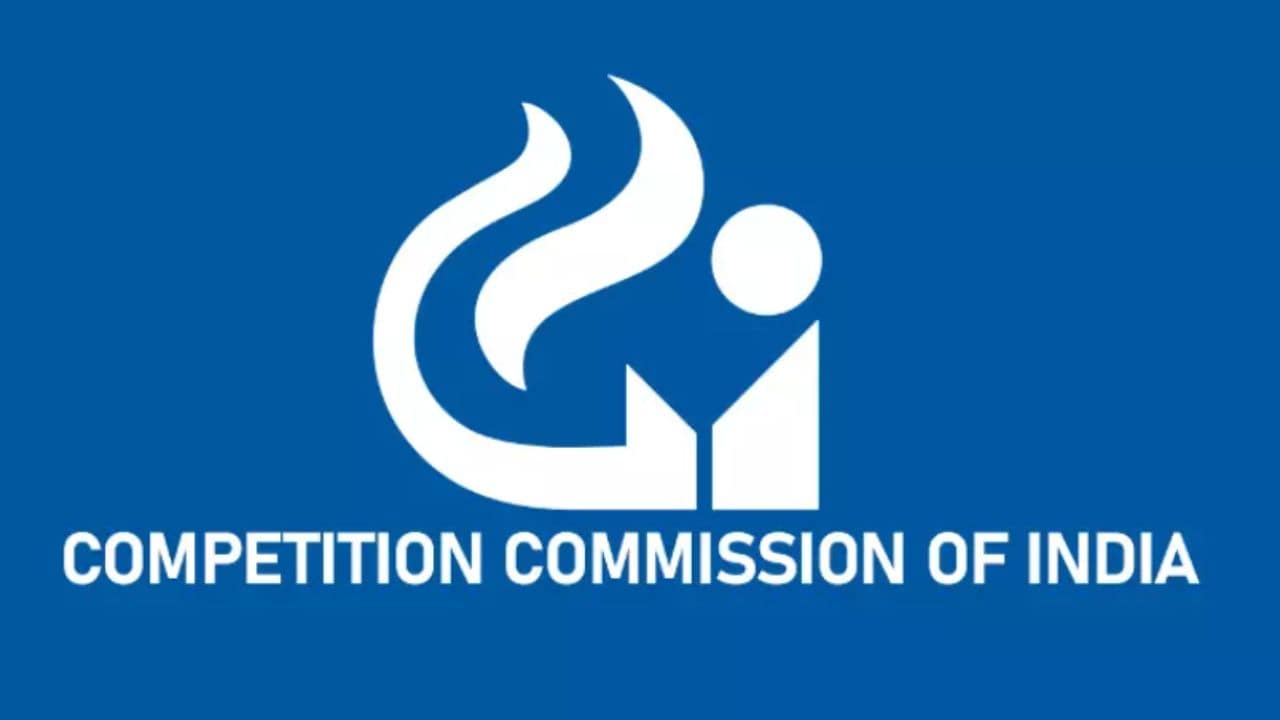The Competition Commission of India (CCI) has approved a ₹20.24 crore settlement proposal from Google in the Android TV antitrust case, marking a significant development in one of the high-profile competition law proceedings in the country. The decision was taken through a majority order under Section 48A(3) of the Competition Act, 2002, and the recently notified Competition Commission of India (Settlement) Regulations, 2024.
The case originated from a complaint filed by two individuals— Kshitiz Arya and Purushottam Anand—under Section 19(1)(a) of the Act. The complaint alleged that Google LLC, along with its Indian subsidiary Google India Private Limited, Xiaomi Technology India Private Limited, and TCL India Holding Private Limited, had engaged in anti-competitive practices in the Android TV ecosystem.
The primary allegation was that Google abused its dominant position by compelling Original Equipment Manufacturers (OEMs) to enter into restrictive agreements. These included mandatory bundling of the Google Play Store with the Android TV operating system and the enforcement of Anti-Fragmentation Agreements that barred OEMs from developing or using modified (forked) versions of Android. Such practices, according to the complaint, blocked market access, reduced competition, and stifled innovation, thereby violating Section 4 of the Competition Act.
Following an investigation ordered under Section 26(1) of the Act, the Director General found that Google held a dominant position in the market for licensable Smart TV operating systems and app stores for Android Smart TVs in India. The probe highlighted that Google’s Television App Distribution Agreement (TADA) and Android Compatibility Commitments (ACC) unfairly tied Google services—such as YouTube and the Play Store—forcing OEMs to pre-install them, which further entrenched Google’s market dominance.
However, allegations relating to refusal to deal and exclusive supply under Section 3(4) of the Act were not substantiated.
Google responded by filing a settlement application under Section 48A of the Act. In line with regulatory procedures, the Commission sought objections and suggestions from 45 concerned stakeholders. After reviewing the feedback and terms of the proposal, the CCI acknowledged Google’s commitment to major structural changes under its newly introduced “New India Agreement.”
As per the agreement, Google will now offer a standalone license for the Play Store and Play Services for Android Smart TVs, eliminating the earlier requirement for bundling or default app placements. It also waives the need for a valid ACC for devices without Google apps, allowing OEMs to develop and market forked versions of Android without violating the terms of TADA.
Taking into account the gravity and impact of the violations, and applying a 15% settlement discount, the Commission finalized the settlement amount at ₹20.24 crore.
This marks a significant regulatory precedent and is among the first major settlements under the 2024 Settlement Regulations, signaling a shift towards negotiated resolutions in antitrust enforcement.
